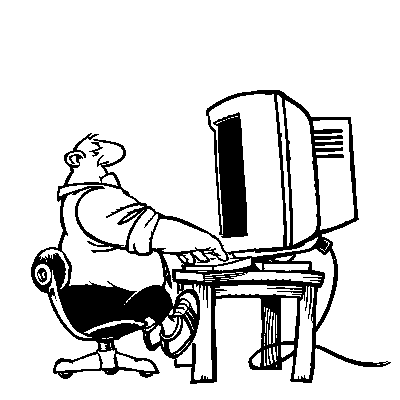

Y2K Problem Sometimes called the Year 2000 problem or the "millennium bug", the Y2K problem results from the longstanding practice of writing computer programs to store and handle only the last two digits of the year, assuming the first two would always be "19". But as we approach the year 2000, people are beginning to realize what programmers have been trying to tell them for more than three decades, that such programs are going to fail when people try to enter or calculate dates beyond Jan. 1, 2000. In most cases entering a year of "00" will be interpreted by the program as "1900", and create an exception. The problem is mainly on old mainframe systems, and mainly in programs written in COBOL and RPG, which no one expected would still be in use for as long as they have been. The difficulty of the problem arises because of all the nonstandard ways programmers have represented date data, depriving us of easy ways to identify where all the dates are stored or processed. In most cases there is no alternative but to visually scan millions of lines of source code, and on many systems, the source code is missing. What this will mean is that a lot of computer programs on which our economy depends will fail to work properly, or even to work at all. Banks may become unable to process checks or transfer funds. Governments may become unable to issue benefits or refunds. Power grids may fail, and interrupt all the services that depend on them, including water supplies. All kinds of devices with embedded processors may fail, such as elevators, printers, and navigation satellites. Most experts now acknowledge that it is too late to fix all the problems in time, and that it may take years to fix all the problems after they begin to appear, so we can expect difficulties that will adversely affect the economy and perhaps put the world into a deep depression.
|Celebrity Pics| |Free Stuff links| |About the Millenium Bug| |About the Author| |How To Hack.|